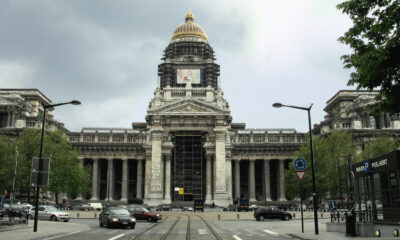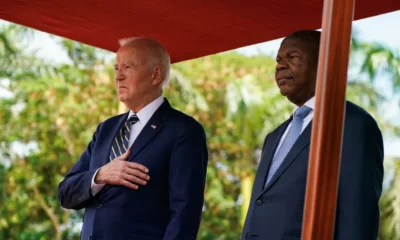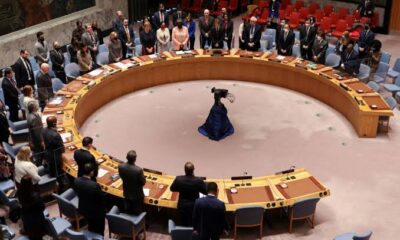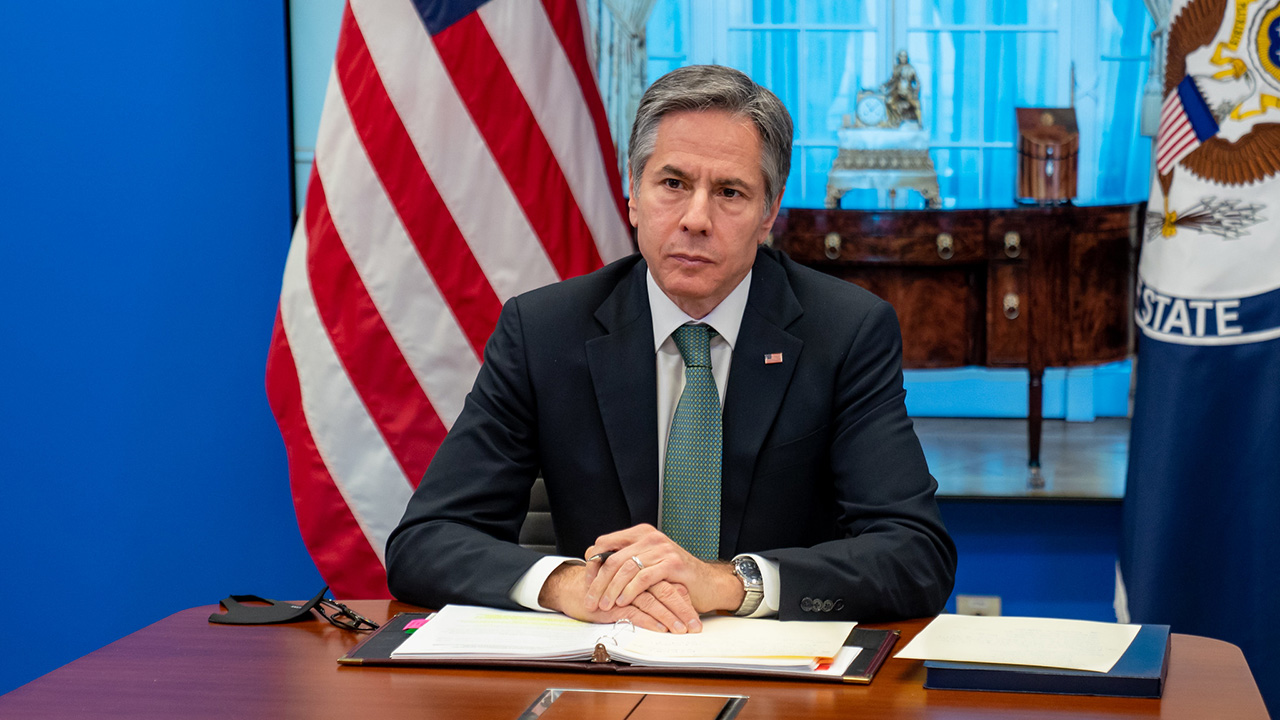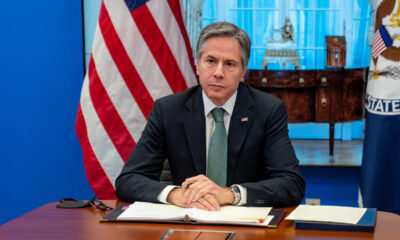The United States is set to hold the second edition of Summit for Democracy which will be co-hosted with leaders from Zambia, Costa Rica, the Netherlands, and South Korea.
The forum is scheduled to hold on 29-30 March and is expected to have leaders from around the world, including from several African countries, discuss strengthening democratic institutions, tackling corruption, and defending human rights.
According to a statement by the US Department of State, the summit will highlight new approaches and partnerships that strengthen democracy, human rights, and governance.
It said the first session will highlight USAID and our partners’ efforts to surge resources to reformers during democratic openings, while the second will feature USAID’s new People Centered Justice (PCJ) approach to Rule of Law programming, and will highlight the Rule of Law and People Centered Justice Multistakeholder Cohort’s Declaration and Call to Action.
Session three will identify new approaches to addressing inequality and building trust in societies. Session four will focus on the work of the USG-led Financial Transparency and Integrity (FTI) Multistakeholder Cohort, including launching the Cohort’s Pledge and Call to Action, and will highlight how USAID is modernizing its support to anti-corruption reformers.
Lately, the United States has been preoccupied with approaches to reaffirm its dwindling influence in the international arena as China and Russia alliance continues to threaten Western dominance in lower-power nations, particularly in Africa.
The United States, Vice President Kamala Harris is currently on an African tour and part of her concern includes strengthening democratic institutions in African countries.
Washington has expressed concern with the nature and approaches of some African governments, notably Tunisia, where President Kais Saied is capturing state institutions and restricting opposition voices. Also, in West Africa where there has been a recent wave of military incursion in the government in Guinea, Mali, and Burkina Faso.
In the case of Tunisia, the US has blocked aid funds amidst President Saed’s anti-democratic stands, but beyond financial sanctions which always hit back on the public, how can the West really influence democratic consolidation in Africa?
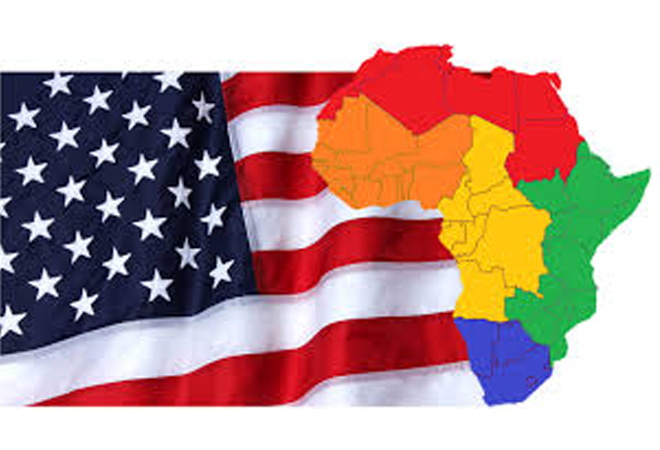
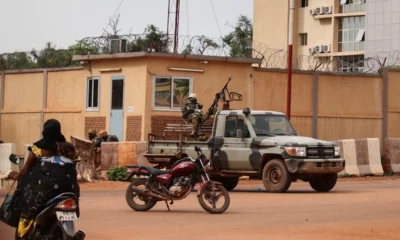
 Politics1 day ago
Politics1 day ago
 Tech2 days ago
Tech2 days ago
 Culture2 days ago
Culture2 days ago
 VenturesNow1 day ago
VenturesNow1 day ago

